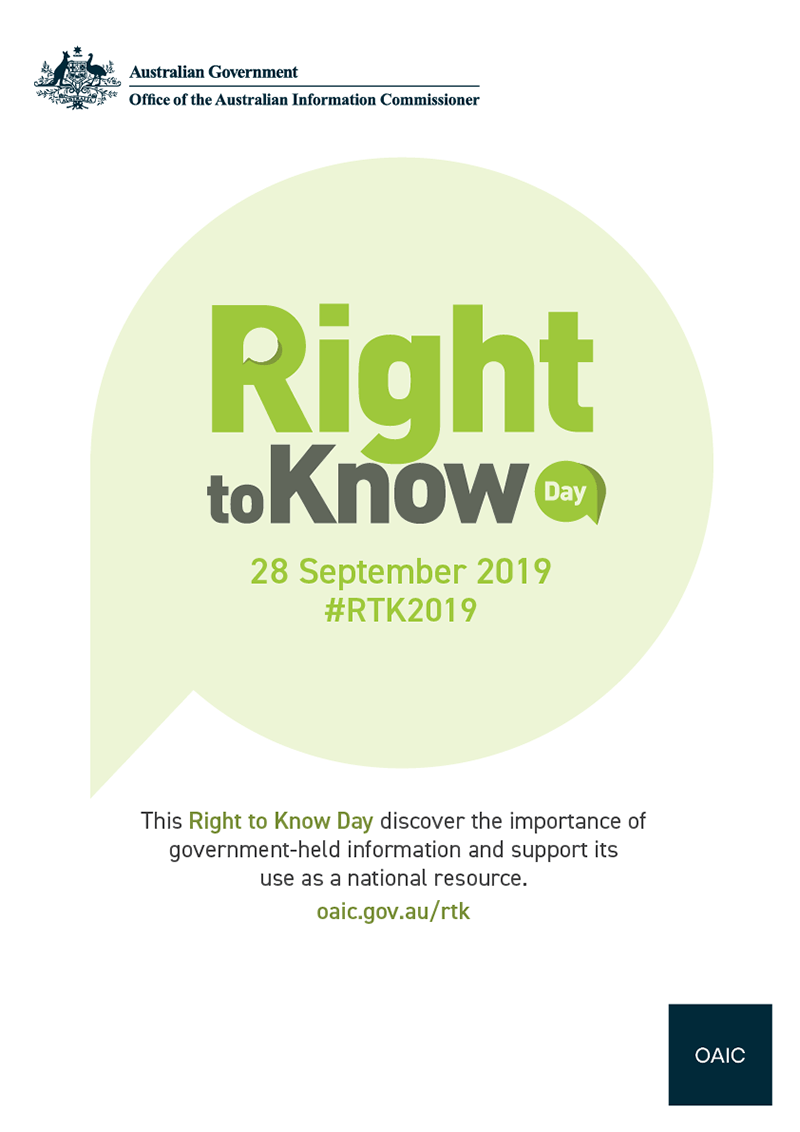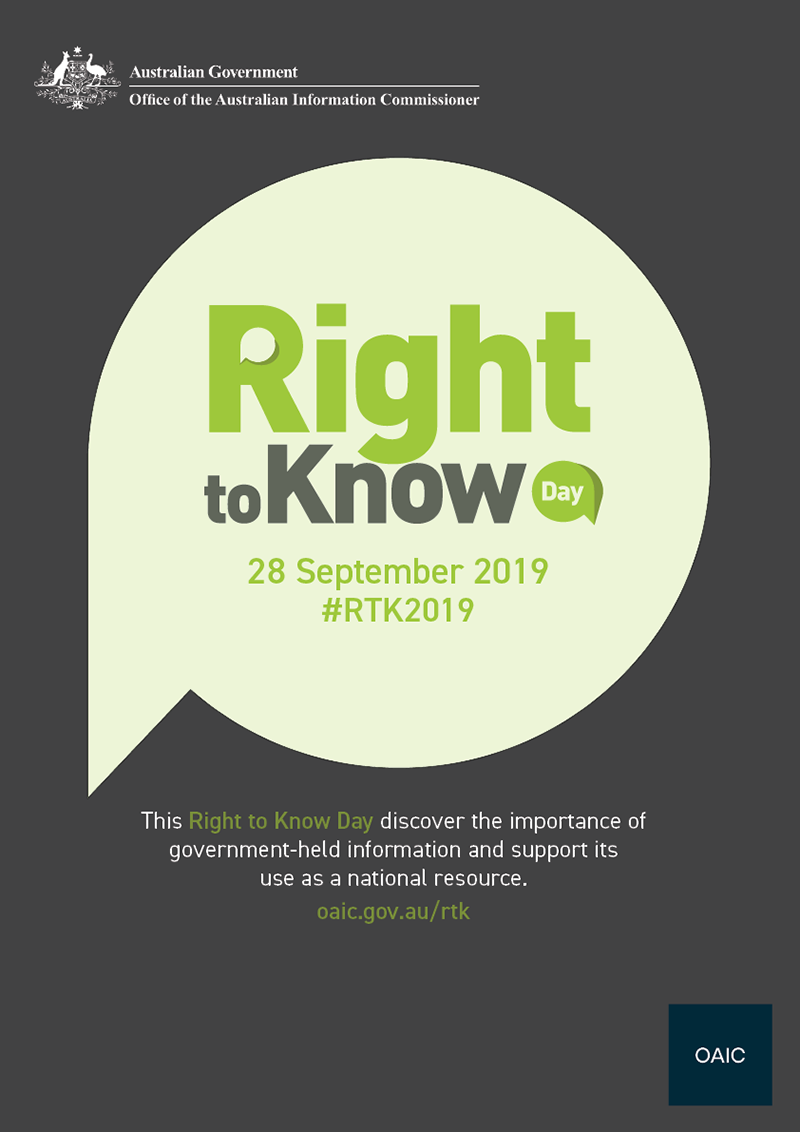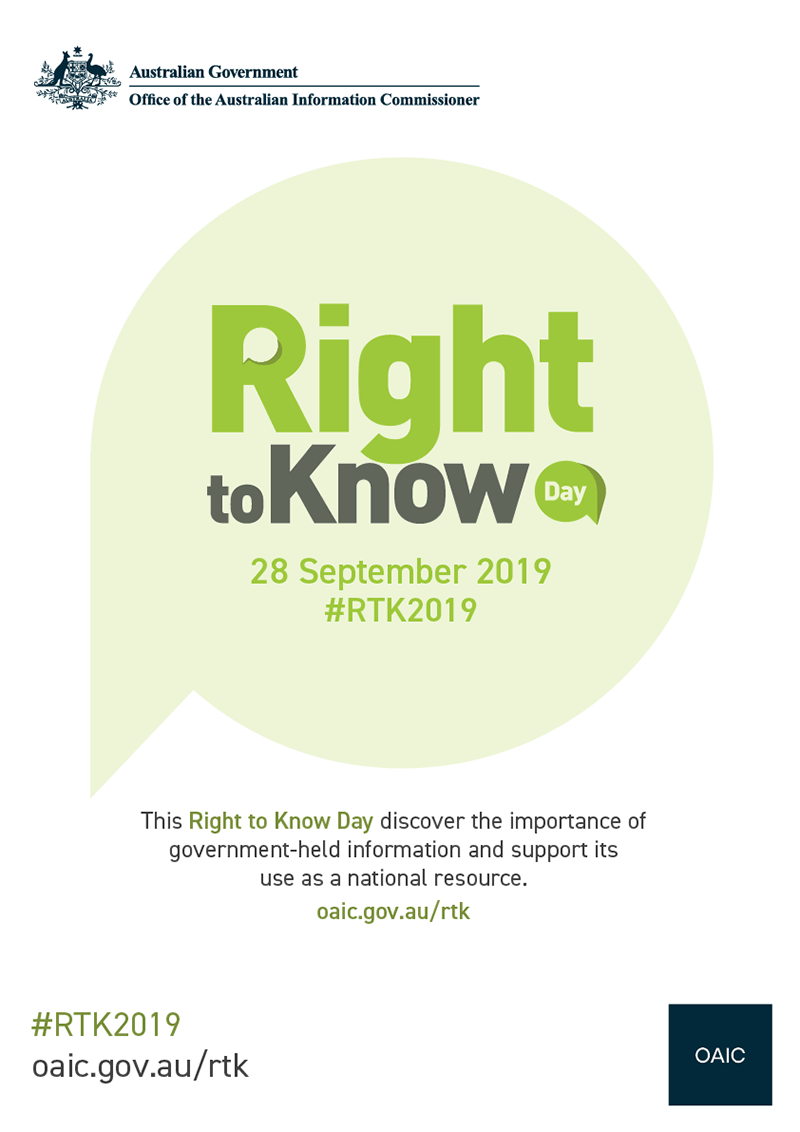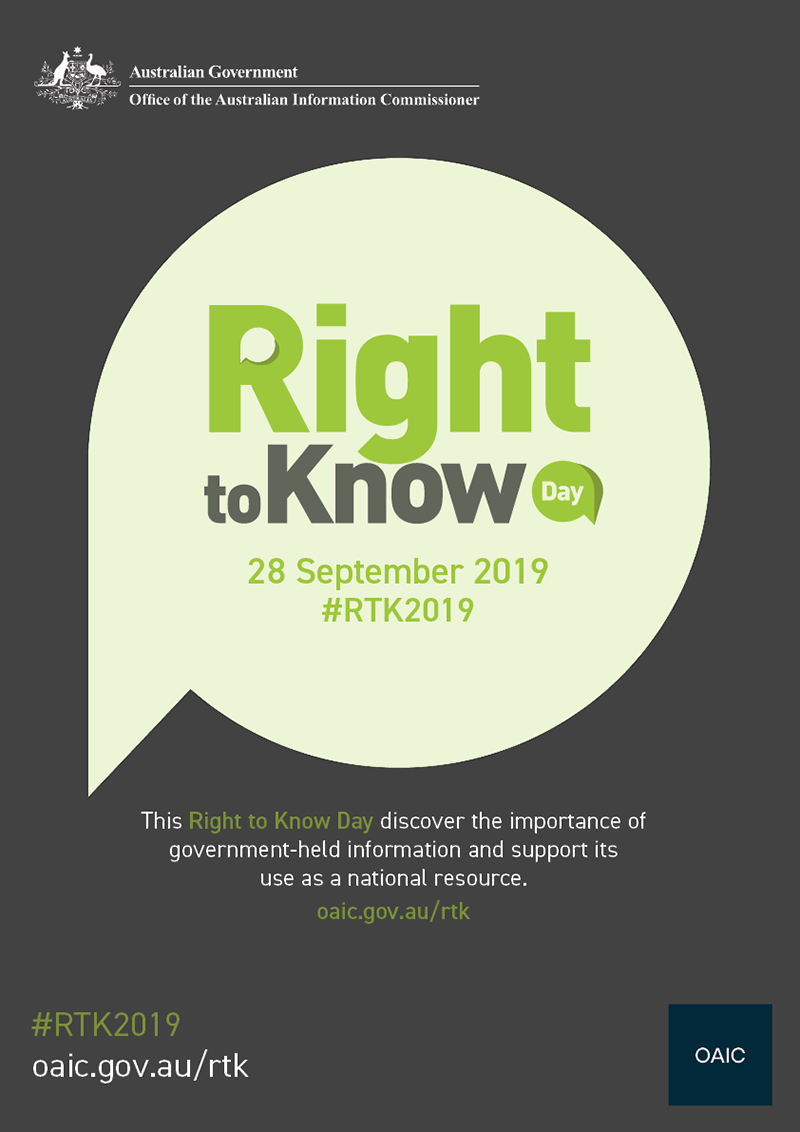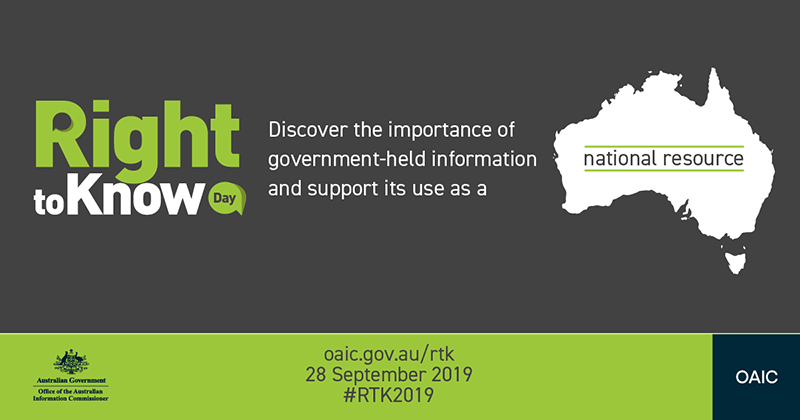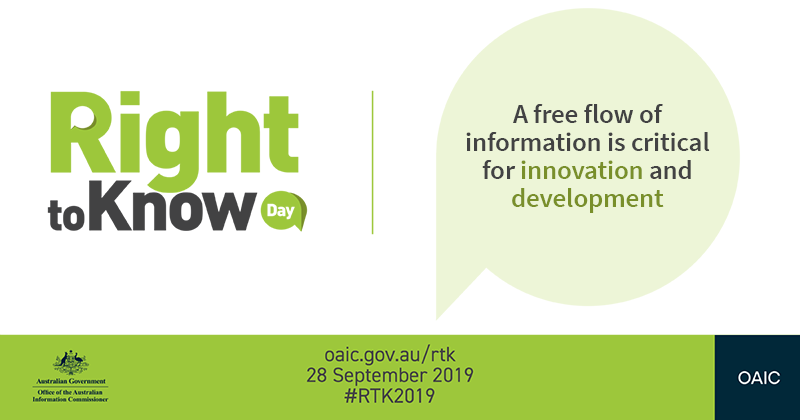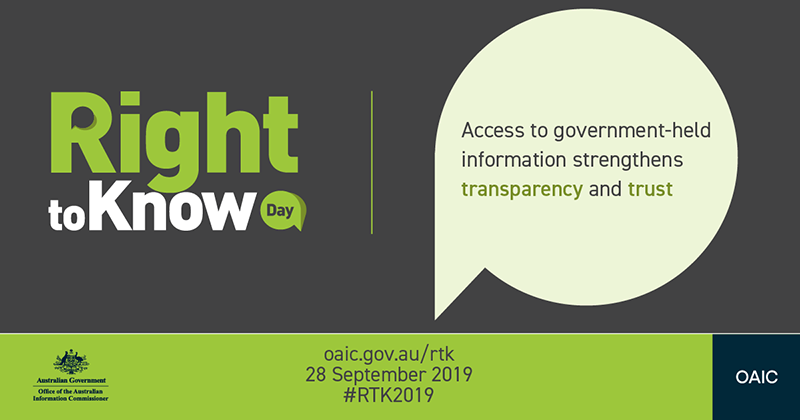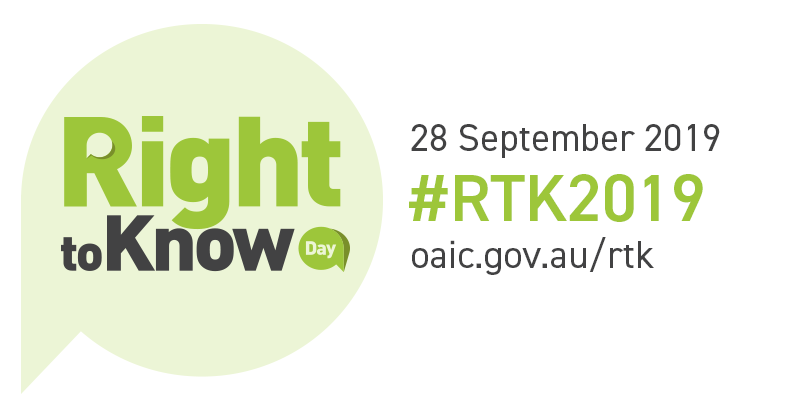Top 5 tips for applicants — find out more



Tips for
applicants
Find out more
Top 5 tips for decision makers — find out more



Tips for
decision makers
Find out more
Agencies with the most FOI requests — find out more



Top 5 agencies
for FOI requests
Find out more


